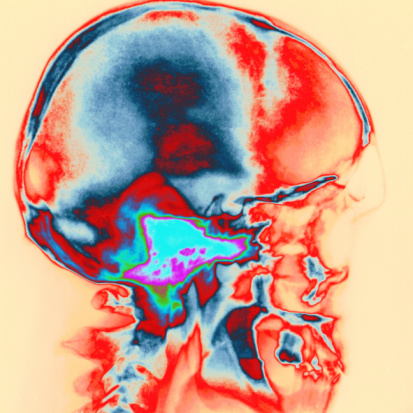Brain injuries often occur following a jolt to the head that causes the brain to slam into the skull. Other causes can include an object such as a bullet penetrating the skull or an incident within the body such as a stroke. Mild brain injuries often cause concussions or similar temporary brain dysfunctions that usually heal over time, but a second injury, even a mild one, can lead to serious long-term consequences.

The more serious brain injuries can result in varying levels of disability, long last complications and death. Prevention is the only true cure for brain injury. Understanding this, researchers are seeking new ways to help reduce the severity of brain injuries and prevent the damage that they cause.
Tranexamic Acid
Recently, scientists learned that tranexamic acid, which reduces the instances of blood clot breakdown in the body, has a great potential in the survival of brain injury victims. Science Daily reported on the study that was led by Professor Ian Roberts of the London School of Hygiene & Tropical Medicine and published in The Lancet earlier this year. Bleeding within the brain is the most common complication following brain injury. This bleeding continues after the injury for several hours, causing swelling, which leads to damaged brain tissue and sometimes to loss of life.
Patients treated via injection with tranexamic acid within one to three hours of the onset of injury have shown significant reduction of brain bleeding. More of these patients survived the brain trauma and were left with fewer permanent disabilities. The results of treating brain injury patients with tranexamic acid are quite promising as long as it is can be administered soon after the injury. Outside the three-hour window, there was no apparent benefit to the patient.
Protective Molecules in the Brain
Another recent breakthrough involves a neural membrane transporter called KCC2 that regulates neuron connections and brain cell growth. The compound seems to rescue damaged brain cells. Researchers noted that the level of this KCC2 drops dramatically in the moments following a brain injury. By giving patients KCC2 through gene therapy or pharmaceuticals, victims may benefit from less severe brain damage after a traumatic brain injury incident. Science Daily reported on this study as well, which was published in The Journal of Physiology and authored by Dr. Igor Medina of the Université de la Méditerranée in France.
While we cannot usually prevent the incident that causes a brain injury, these promising breakthroughs may help reduce the damage caused by the resulting bleeding. While both treatments require many more case studies and hours of research and testing before the extent of benefits is known, they offer hope for those at greatest risk of injury, such as children, athletes and the elderly.
Contact Us
If you or someone you love suffers from severe traumatic brain injury, contact our office. The time available to place a claim for damages is limited, so act quickly. Our experienced attorneys will offer a free review of your case and help you secure just compensation for the injury.


